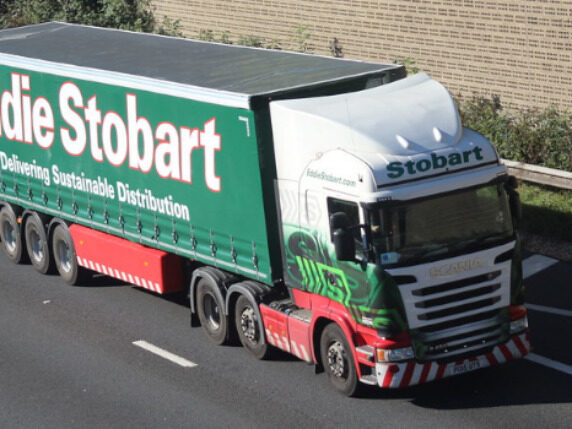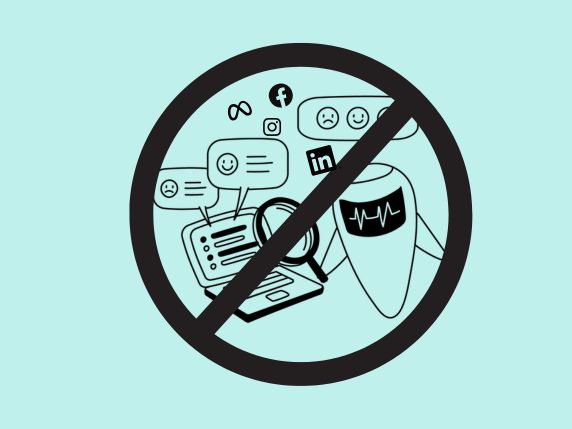With iconic British brand Eddie Stobart recently hitting the business headlines for selling one name and changing to another, it’s got us thinking about the legalities behind changing a brand name.
Seasoned company-spotters are likely to know that behind the shorthand for lorry drivers everywhere, there are actually two companies – Eddie Stobart Logistics and the Stobart Group.
The Stobart Group announced it plans to change its name to Esken, joining the long line of companies like Norwich Union and Jif who choose to change one of the most recognisable parts of their brand livery: their name.
Having the time, money and resources necessary to complete a successful name change may feel like something only a larger organisation can take on. However, it’s far more common for start-ups to go through this change in identity.
It isn’t easy to choose a name that goes the distance at the start of your founding journey. Your start-up may pivot as it evolves a product or service offer and you may find yourself restrained by a name that no longer reflects your new purpose.
In the case of Eddie Stobart, there are good reasons for the rebrand of the PLC. When the logistics arm of Eddie Stobart demerged from the parent group in 2014, crucially, they didn’t purchase the rights to their name. That decision cost Eddie Stobart Logistics £10m last year for the right to use its own name and associated trademarks, which the group sold to them. The Stobart Group’s proposed new name, Esken, which comes from the old English to ascend, signals their intention to put the past behind and build on their portfolio of aviation and energy businesses.
Changing brand names come at a cost, not just in financial terms, but also practically. Eddie Stobart Group are legally compelled to change their name as they sold the rights to the trademark, but what can smaller companies learn from this example? Is changing your name advisable, straightforward, or complex, and only to be turned to as a last resort?
If you have a naming dilemma you need legal help with, read our guide for practical tips to help you make the right decision for your business.
Photo of Eddie Stobart lorry by Eastleighbusman/Creative Commons







